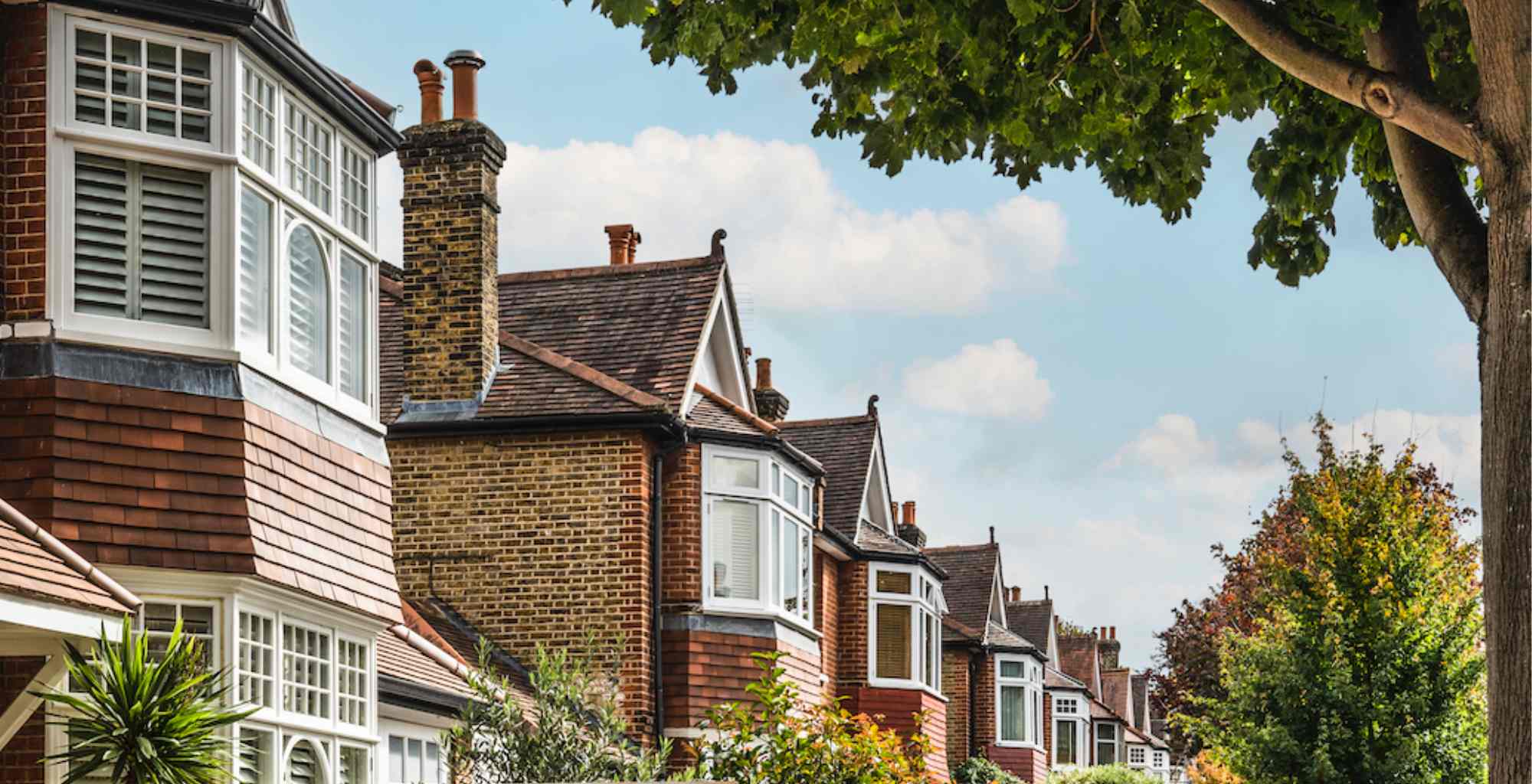House price negotiation can be a daunting task but there are a few essential dos and don’ts for both buyers and sellers that we, as estate agents have witnessed over the years.
Making an offer and negotiating the price of a house can require a good understanding of the local property market, a clear strategy, and practical communication skills.
In this article, we will explore the dos and don’ts of house price negotiation to help all parties reach an amicable result and move forward with a transaction.
Understanding House Price Negotiation
Whether you are selling or buying a property before negotiating a house price, it is important to research the local property market. The seller will have assurance from their selling agent but can also conduct their own market research on prices.
A buyer might have representation in the form of a buying agent but may also wish to conduct their own price research. This research will allow all parties to understand the current market conditions and the average selling price of similar properties in the area. Armed with this knowledge, buyers can make a more informed offer and sellers can negotiate from a position of strength.
House price negotiation is an art rather than a science.
By understanding the local property market, maintaining a respectful attitude negotiation can reach a successful conclusion within a reasonable amount of time. This positive beginning to a transaction often leads to a far smoother conveyancing process and timely purchase.
How to Negotiate on House Price – The ‘Dos’
Starting with the ‘dos’ of house price negotiation, and the tips that can help reach a successful conclusion.
Present your offer clearly
For buyers, the number one tip is to present your offer very clearly from the outset, will all the relevant information surrounding any conditions of purchase and potentially a suggestion of a time frame for the transaction, if you can be flexible on timing let the seller know!
If you’ve conducted research on price that supports the offer level you’re making it can be useful for the seller to receive this information. An estate agent must put all offers forward and it is good practice for an agent to provide as much detail surrounding each offer as possible, this could mean forwarding a buyer’s full offer letter or email.
Be flexible
Both buyers and sellers should be open to compromise and willing to be flexible to reach a mutually agreeable price and terms on which to proceed.
Whether that is a buyer offering to be flexible on timings to allow a seller to find an onward purchase, or a seller accepting a lower offer on a property for a fast transaction, there are many ways in which buyers and sellers can be flexible to find mutually agreeable terms to proceed upon.
What Not to Do When Negotiating on a Property – The Don’ts
Both buyers and sellers are at risk of making some of the common slip-ups that can cause negotiations to end abruptly, sometimes unnecessarily.
Become too emotional
Often easier said than done, becoming too emotional during negotiations is one sure way both buyers and sellers come unstuck. Buyers may fall in love with a property and be tempted to pay more than they can afford, while sellers may become too attached to their home and overvalue it.
It’s essential to approach negotiations with a clear head and avoid getting too emotionally invested.
Buyers and sellers should focus on objective factors such as the condition of the property, the local market, and the seller’s motivation to sell.
Whilst both buyers and sellers should be willing to walk away if the scenario is not going to work, it is usually the case that when two willing parties wish to buy and sell, an amicable agreement can be reached with professional guidance from an estate agent.
Take offence to rejection
Rejection is an inevitable part of house price negotiation. It’s important to remember that rejection doesn’t mean the end of the negotiation, but rather an opportunity to reassess and make a different offer. Whether it is a buyer having their offer rejected by the seller or a seller having their counteroffer rejected by a buyer, rejection is commonplace in negotiations.
When faced with rejection, it’s essential to maintain confidence and avoid becoming too emotional. For buyers, the fear of losing the property can lead to overpaying and attachment can sometimes result in a seller coming off as stubborn and potentially scuppering a deal. It’s important to stay level-headed and not let emotions cloud judgment.
A buyer can ask the seller to explain why their offer is rejected, it’s not always the case that it is solely the price that is being rejected. This insight into the seller’s expectations helps the buyer make a more informed decision on their next offer.
Both parties can make a counteroffer at any point which shows a willingness to negotiate and can lead to a successful agreement between both parties.
Frequently Asked Questions about House Price Negotiation
There are certain questions that are raised fairly often surrounding house price negotiation:
What should I avoid saying or doing during the negotiation process?
During the negotiation process, it is important to avoid being overly aggressive or very emotional. Where possible, avoid making ultimatums, as this can lead to a breakdown in communication and make it difficult to reach an agreement. Setting a deadline for a response to an offer can be useful in certain scenarios, an estate agent can provide guidance on when this would be appropriate.
Are there any common mistakes that buyers make when negotiating the price of a house?
One common mistake that buyers can make is failing to outline all the elements of their offer. For example, not mentioning that they’re in a chain or that they’re under time pressure. These factors will come out and they can lead to a transaction falling through so it’s best to disclose the full scenario when negotiating.
How can I ensure that I am getting a fair price for the house I am interested in?
To ensure that you are getting a fair price for the house you are interested in, it is important to do your research and understand the local property market. Look at the prices of recently sold comparable properties in the area and use this information to make an informed offer.
House Price Negotiation
Working together with a reputable estate agent who can provide guidance and advice throughout the house price negotiation process can ensure it is smooth and that a mutual agreement is reached swiftly.
To discuss your plans to move, contact us.





